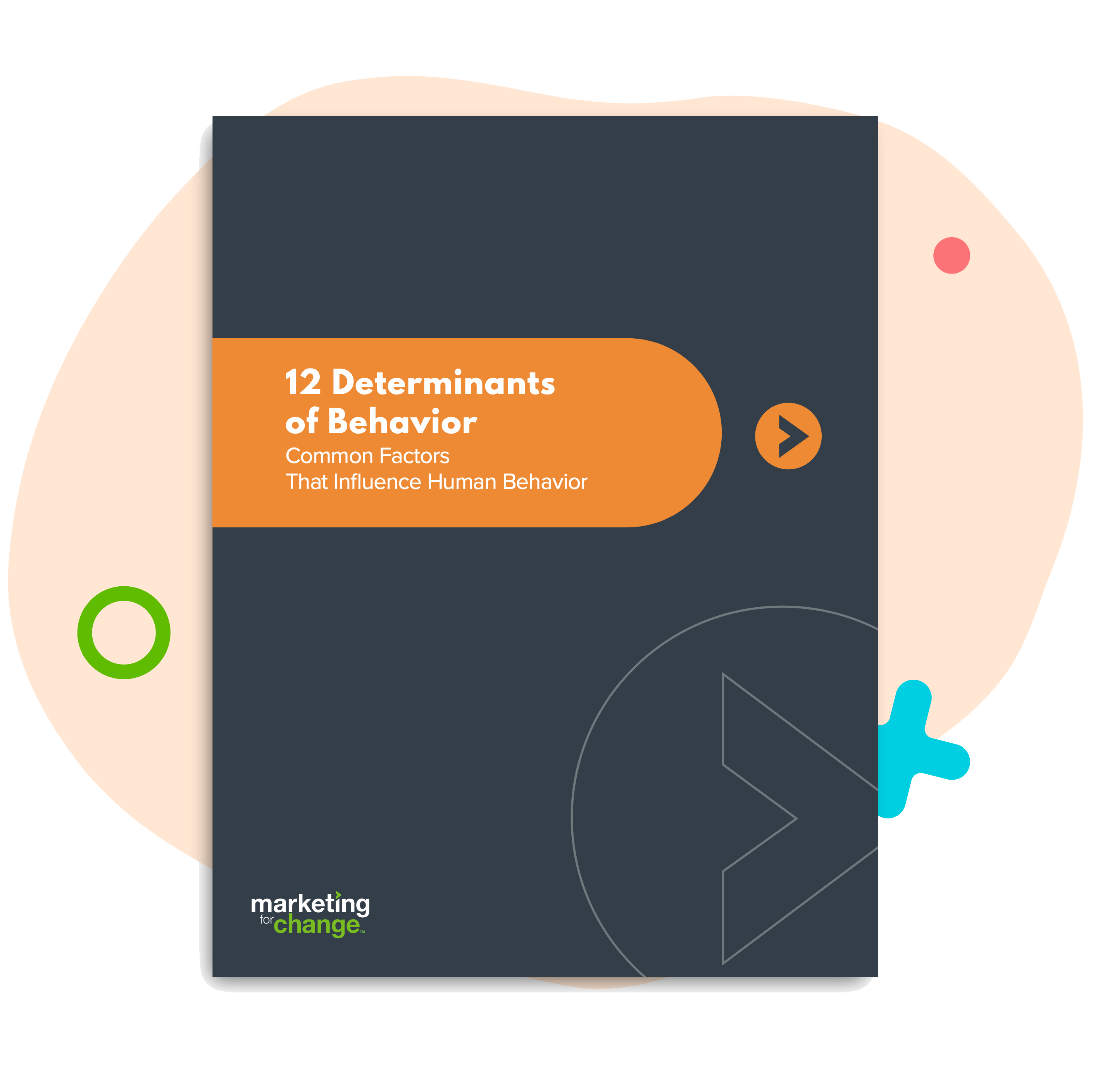
How To Get Your Political Opponent To Care About Your Issue
I grew up in a small, southern town, but moved away to attend a university, and then went on to work at progressive entities such as UN Women and, currently, Marketing for Change. As my worldview expanded, so did my Facebook friend list. My feed is filled with conservatives and liberals alike — each accusing the other of being ignorant, hateful, bigoted, stupid, aloof, self-righteous and ungodly — but I know first-hand that this couldn’t be farther from the truth.
A record 77% of Americans feel our country is divided. And when it comes to politicized issues like climate change or abortion, people who care passionately about an issue often feel like the other side just doesn’t understand or just doesn’t care. But it’s not that simple. There are a lifetime of reasons why a person supports one political stance over another.
Many of us aren’t even able to hear all sides of an issue because our friend-groups and social media feeds are all echo-chambers, which entrenches us in our held beliefs. Because the talking points we hear over and over make us fervently confident that our side of the issue is the right one, we think that if only those on the other side heard our arguments and understood the science and moral choices involved, they would change their mind. Right? Wrong.
Contrary to popular belief, I have found that most people are good people on both sides of the divide. And when you really get to the root of it, more often than not, people hold the beliefs they do because they feel those beliefs are in the best interest of their families, communities and country.
When you approach a political discourse knowing that the other person’s beliefs are rooted in moral convictions — rather than ignorance — you can morally reframe your message.

Using the values outlined in the chart above, researchers found that by framing universal health care with messaging centered around purity (wider health care coverage means less sick and diseased Americans), conservatives were more likely to support the issue. Similarly, when presented with messages that framed military spending as a way to reduce poverty (the military gives an opportunity for the disadvantaged to achieve equal standing), liberals were more likely to support budget increases.
Take climate change — one of today’s most politically divisive issues. Liberals support climate action to protect the planet, while many conservatives believe additional environmental regulations will put unnecessary restrictions on business. How do you bridge this divide? One way: change the way you talk about green energy. Tea Party co-founder and environmental conservationist Debbie Dooley says the key to communicating to her fellow conservatives about renewable energy is to leave climate out of the conversation, and instead frame the issue as a patriotic path to energy freedom and national security.
Like most everything we do in behavior change marketing, successful efforts always begin with empathy with the target audience. The best way to get really good at crafting empathetic messages is by starting with the understanding that you are talking to good people with real concerns and foundational moral principles. And then listen to them — maybe even over a beer.
Francis Diaz is a Planner at Marketing for Change.






